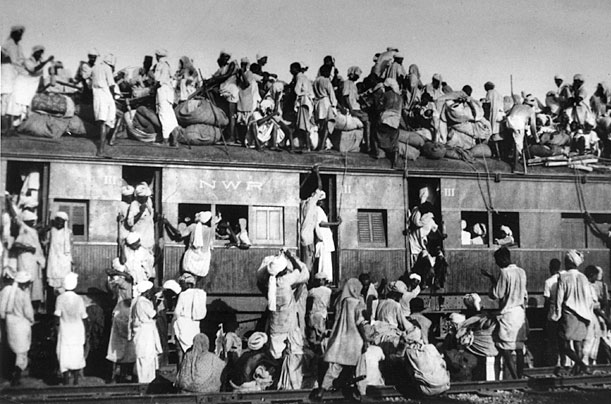
Elliott Green, Associate Professor of Development Studies at the London School of Economics, is giving a talk on ‘Urbanization and Ethnicity in Botswana’ at the Institute for African Development at Cornell University where he is a Visiting Fellow.
Date: 5th February 2015, 2:30-4:00pm
Abstract: Despite the large attention given to ethnic fractionalization within the field of political economy, the sources of modern ethnic change have remained opaque. I argue here that urbanization incentivizes ethnic homogenization by lowering the value of rural land relative to human capital and raising the value of broader urban identities. As evidence I take the example of Botswana, which has had the highest rate of urbanization of any country in the world since 1950. As expected, I find evidence that urbanization has indeed led to higher levels of ethnic homogeneity in Botswana as people entered the modern urban economy and shed their rural tribal identities. Moreover, I utilize variation within Botswana as regards how the relative value of land affects ethnic identity: in contrast to other tribes, the Batlokwa have remained tribalistic as regards land ownership in large part because their land lies on the outskirts of the capital city and remains highly valuable relative to land elsewhere in Botswana. Finally, I employ Afrobarometer data that provides further evidence for my argument.
Full details can be found here.





